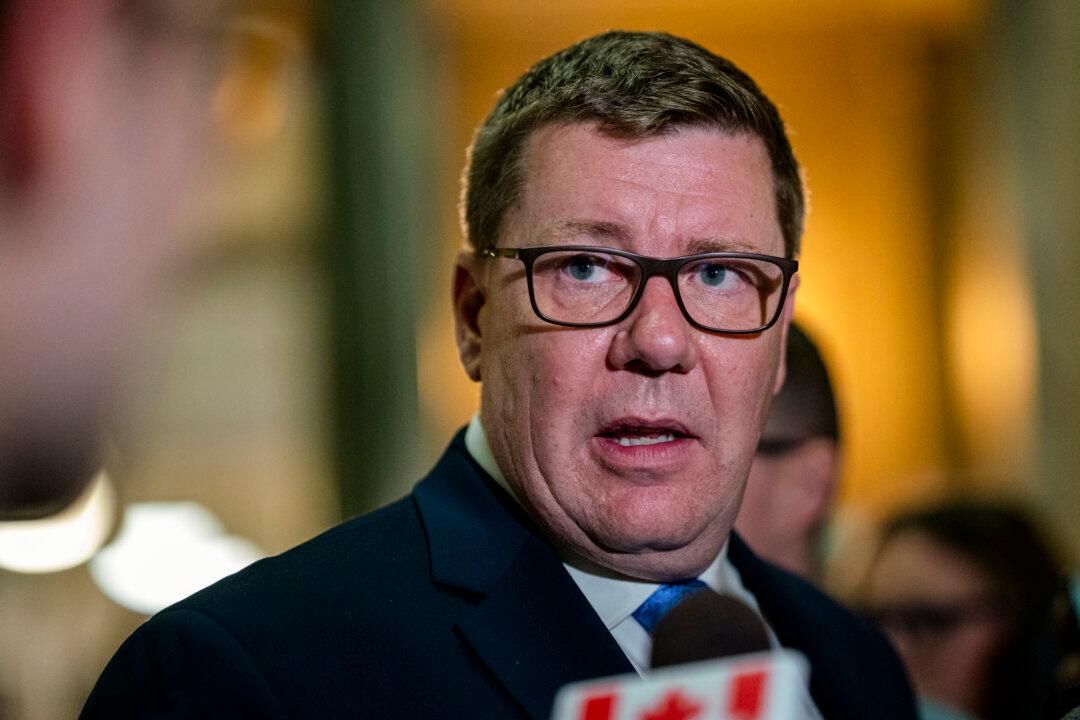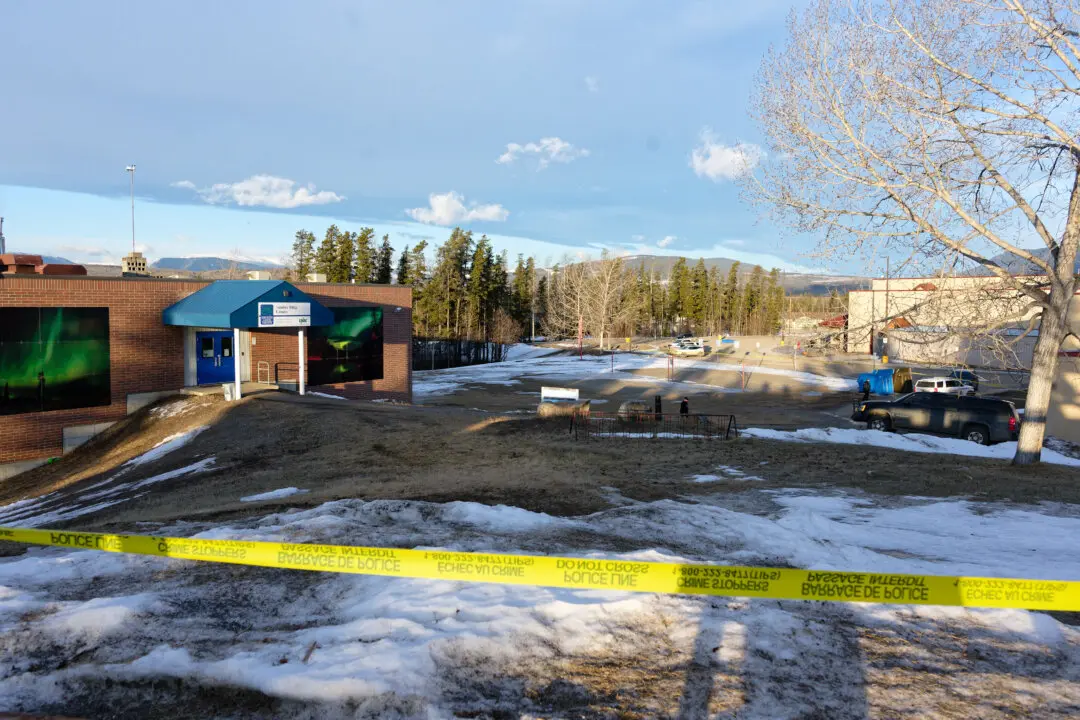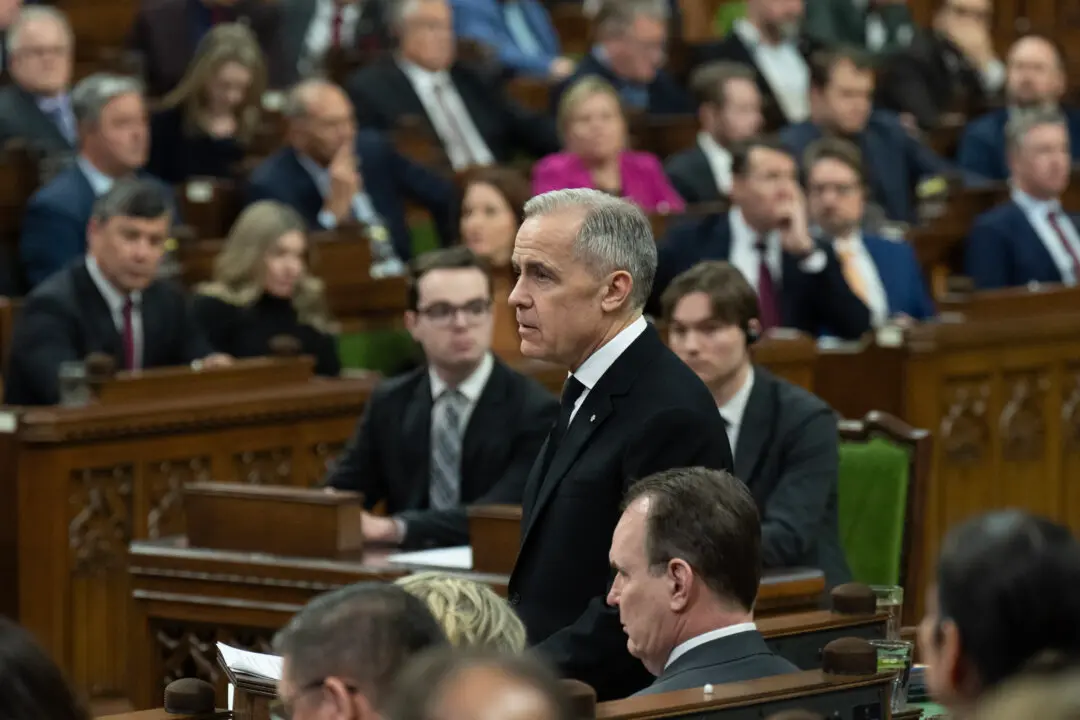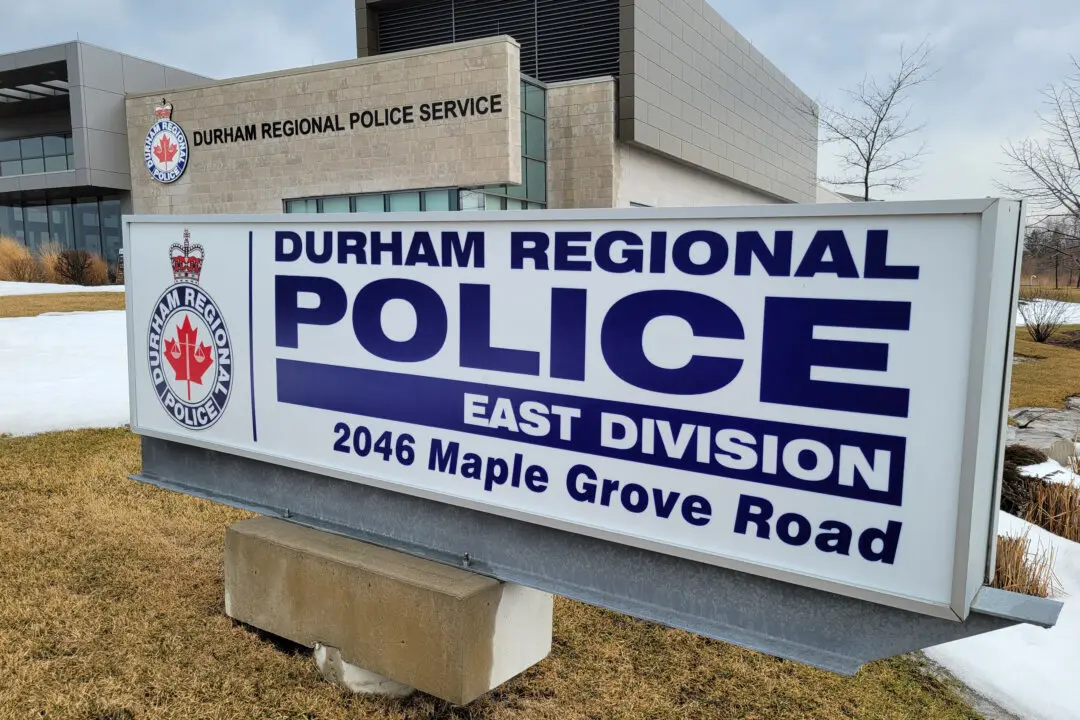Saskatchewan’s agri-food exports to India shot up more than 71 percent last year despite tense diplomatic relations between Canada and the south Asian country.
Exports of Saskatchewan lentils and peas to India, described as the province’s “largest pulse market,” experienced “significant growth” by the end of 2023 compared to the previous year, Agriculture Minister David Marit said in a press release.





